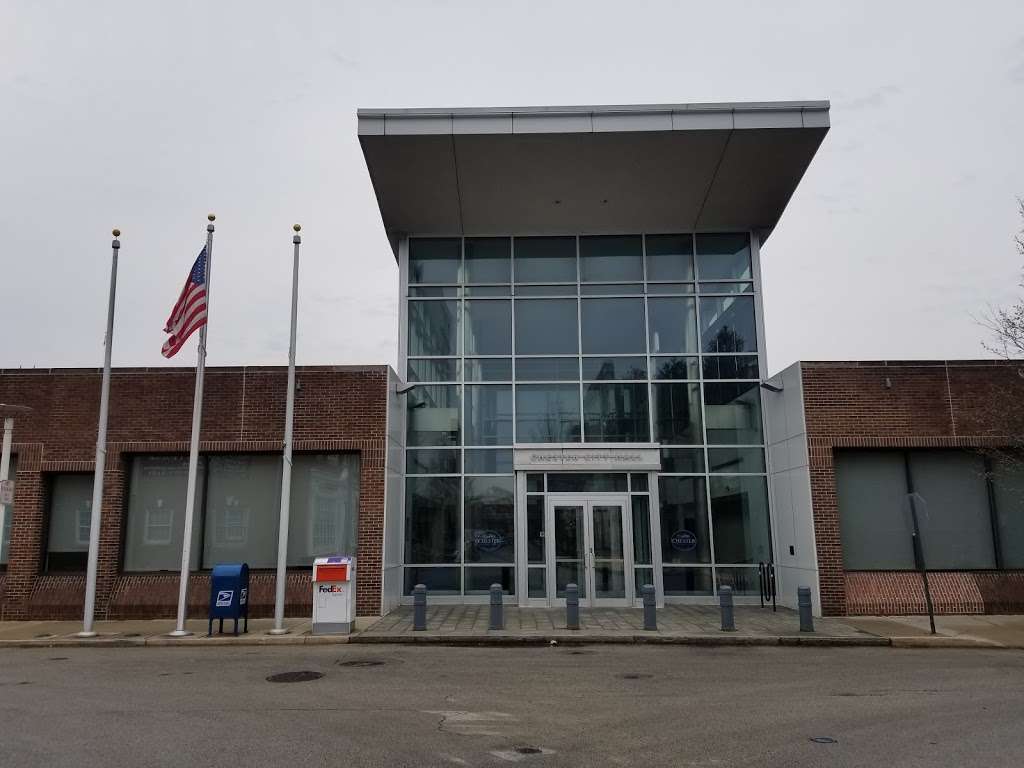“Chester’s financial situation is critical, and it is running out of time to find a solution.”
That grim analysis was given last week by the city’s state-appointed receiver Michael Doweary, who added the alternative to a solution could be dissolution — literally. The City of Chester might be incorporated and cease to exist if its fiscal problems aren’t solved.
“Everything is on the table,” Doweary said.
“Everything on the table” has ironically been Chester’s problem for years. The city has maintained a bloated budget with considerably more expenditures than revenue. It has also struggled to accurately keep track of its finances, with officials often unable to produce correct and timely financial reports.
Like many cities in the northeastern U.S., Chester once enjoyed a boom as a manufacturing and distribution hub. The decline of those industries led to years of a shrinking economy and dwindling tax receipts.
Chester first fell under Pennsylvania’s Act 47, the Municipalities Financial Recovery Act, in 1995. A decade later, its fiscal fortunes had not improved. By 2006, city officials had to take out a major deficit-backed loan to pay employees and keep basic services running.
Frank Catania, an attorney for the city’s Chester Water Authority utility concern, told Delaware Valley Journal that state overseers at the Department of Community and Economic Development handled Chester’s management badly.
“During all of this time, the DCED was involved in overseeing the finances, and they were as useful as spectators at a house fire,” he said, adding bluntly: “The Act 47 consultants did nothing.”
Catania was also involved in arbitrating several disputes between the city and emergency responder labor unions. In multiple rulings in favor of increased pension benefits for represented employees, Catania argued that “the city’s ability to pay” the benefits was highly doubtful.
The previous mayor John Linder “could have appealed the payout” and “gone to court,” Catania argued. “He didn’t, and then it just got worse.”
The city’s financial future looked modestly improved by 2007 with the construction of Harrah’s Philadelphia Casino and Racetrack at the site of the former Sun Shipbuilding and Drydock manufacturing facility.
Yet the city’s spending still continued to exceed its income. An amended recovery plan in 2016 projected a roughly $4.5 million surplus in 2019 if the recovery plan were adopted. But the city receiver noted earlier this month that the city saw “a general fund loss of approximately $6.8 million that year.”
The lion’s share of the city’s massive budget goes toward personnel costs. Of the roughly $56.5 million the city projected for the 2016 fiscal year in its recovery plan, over $40 million went to categories such as “salaries and wages,” “overtime,” and “healthcare.”
Its overtaxed budget and cratering revenues pushed the city to shortchange its financial obligations. Doweary’s report from August 2020 said Chester “[had] not made its full minimal municipal obligation to [its] three pension plans since 2013, leading to a severely underfunded pension situation.”
Further complicating the city’s finances has been a lack of transparent accounting of key city funds.
A 2013 independent audit of the city’s finances left the auditors “unable to obtain sufficient appropriate audit evidence” about “various classifications of certain revenues and expenditures” related to the city’s general and proprietary funds, among other outlay streams.
Similar shortfalls were found in audits conducted for the years 2015 and 2017.
Other instances of financial mismanagement abound. A state auditor general report in 2021 found the city “failed to deposit its state aid allocations into the police pension plan” in a timely fashion. The receiver’s office, meanwhile, identified a “pattern of pushing a portion of each fiscal year’s obligations into the next one,” which “made it difficult to accurately analyze the [City’s] financial performance on an annual basis.”
The receiver, whose office did not respond to several queries for this story, called the city’s underfunded pensions “the largest and most severe” of its financial crises.
By April 2020, when then-Gov. Tom Wolf announced a Declaration of Fiscal Emergency for the city and implemented an Emergency Action Plan; Chester’s police pension fund had “less than six months of beneficiary payments” in its coffers, the report said.
The receiver, in his report, argued the city government has followed “a pattern of … either failing to adopt a realistic budget, failing to follow that budget or both, which results in consistent, large deficits.”
Though the receiver’s predictions for the city have been dire and foreboding for several years—including last week’s claim it is “running out of time to find a solution”—city leaders have argued the situation is not as bad as the state has made it out to be.
“How can anyone be expected to continue to work with a team that even mentions the possibility of dismantling and dividing the city through disincorporation?” Chester Mayor Thaddeus Kirkland said at a recent press conference.
Kirkland said city leaders will be heading to the state capitol to secure more funds for the beleaguered municipality, in particular from the near-$10 billion surplus the state currently holds in its coffers.
“This mayor and council members will be visiting Harrisburg to find out how we get our share of that $8 billion that sits in Harrisburg,” he said.
Please follow DVJournal on social media: Twitter@DVJournal or Facebook.com/DelawareValleyJournal

